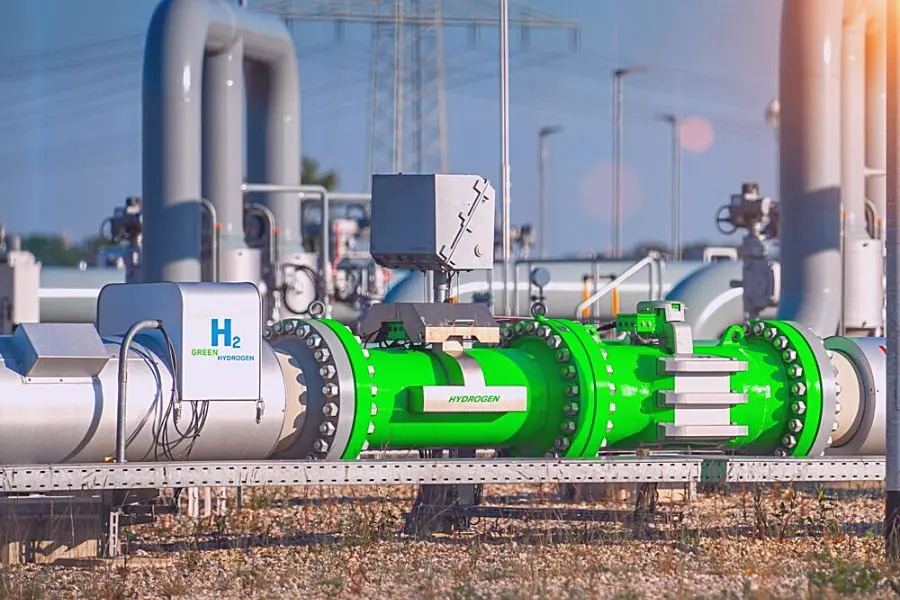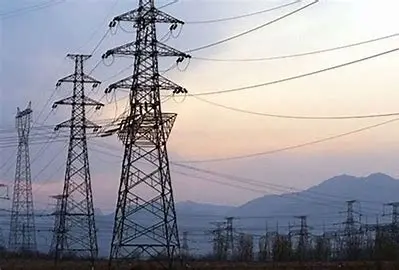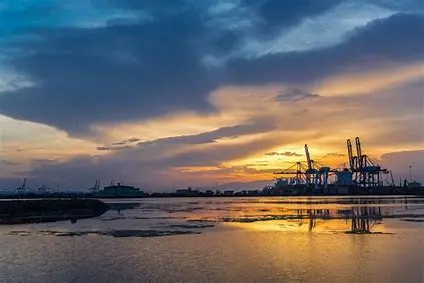Our mission is to cultivate collaboration for the preservation of the country's and planet’s most indispensable ecosystems.
PRESIDENTS MESSAGE
Summary of the promises of the President of the Republic of Djibouti,
Ismaïl Omar Guelleh, at COP28:
1. *Reduction of emissions*: Djibouti is committed to achieving 100% clean energy by 2035, through projects such as the recently inaugurated 60 MW wind farm and a future solar power plant.
2. *Climate research*: Creation of the Regional Observatory for Research on the Environment and Climate, in partnership with the International Atomic Energy Agency, to inform political decisions on adaptation and climate resilience.
3. *Social protection*: Implementation of a social protection strategy to strengthen the resilience of households in the face of climate crises.
4. *Public health*: Investment in innovative technologies, such as genetic technology, to fight diseases such as malaria, worsened by climate change.
5. *Call for international solidarity*: The president urges developed countries to respect their financial commitments, particularly for adaptation to climate change, loss and damage, and just transition.
6. *"One Health" approach*: Promote an integrated approach to human, animal and environmental health to ensure a sustainable future.
Djibouti calls for immediate and concerted global action to address climate challenges.

Renewable Energy Opportunities in DjiboutiRenewable Energy Opportunities in Djibouti


Hydrogen Port
The Hydrogen Port and Desalination Plant project in Obock, Djibouti, aims to produce green hydrogen using 5 GW of offshore wind energy and power a sustainable desalination plant. This initiative seeks to decarbonize maritime transport, improve water security, and position Djibouti as a regional hub for green hydrogen, attracting international investment. The project aligns with Djibouti’s goals to leverage renewable energy for both energy production and water sustainability.

Rural Electrification
The rural areas of Djibouti, which are home to a large portion of the population, suffer from chronic drought and low incomes, with livelihoods dependent on agriculture and livestock. Currently, rural localities are electrified either by generators or solar power stations, with additional power infrastructure under construction. The Ministry of Energy has introduced solar kits as a new solution to meet basic electricity needs, aiming to expand access to power in these underserved regions.

Energy Diversification
The project focuses on diversifying energy production in Djibouti's ports, improving energy efficiency, and introducing quayside connection systems for ships. These initiatives aim to reduce carbon emissions, enhance energy resilience, and support sustainable economic development. The project also seeks to electrify the Djibouti-Nagad railway line, reducing reliance on diesel and promoting a greener logistics chain by integrating renewable energy into port and rail infrastructure.